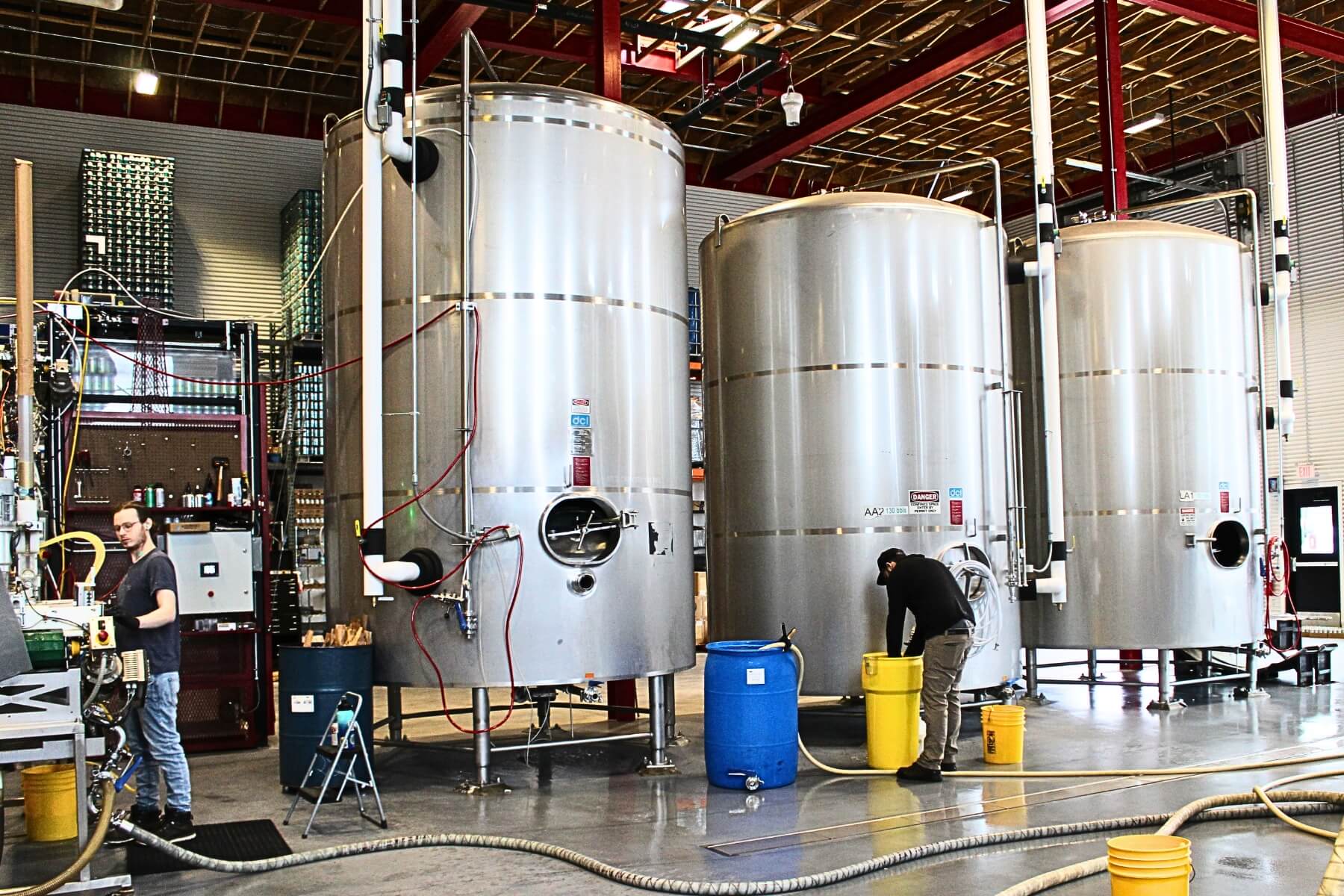This month we will be posting weekly blogs concerning safe driving. This campaign has a goal to raise awareness and educate our reader to help prevent automobile accidents. This week we are discussing Speeding. According to the National Safety council more than 38,000 people died in motor vehicle crashes in 2105, and speeding was a contributing factor in 30% of those fatal accidents. The faster someone is driving, the less time they have to stop if something unexpected happens.
A vehicle traveling at 60 mph covers 88 feet per second. Stopping that same vehicle takes over 4.5 seconds and covers a distance of 271 feet, and that is in perfect conditions. Stopping distance is the sum of the actual time your brakes are applied to the wheels, plus perception time and reaction time.
Perception time is the three-quarters of a second it takes for you to realize that you need to break. Reaction time is the three-quarters of a second it takes to move your foot to the brake pedal. When you combine perception and reaction time, a full 132 feet will pass before your car begins to slow down from 60 mph. So just to recap, when a vehicle is traveling 60 mph takes 4.5 seconds for that vehicle to come to a complete stop and travels more than 270 feet. Of course, the faster you go, the more time and distance it takes to stop.
There are other factors as well, if the pavement is wet, stopping time grows from 4.5 seconds to 6.1 seconds and total stopping distance grows from 271 feet to 333 feet. Now take into consideration you are driving a loaded down service van! All of these factors compounded together can lead to accidents and injuries which is why safe driving is so important!
Please remember to slow down and keep a “space cushion” around your vehicle at all times. This can be difficult to accomplish, especially in St. Louis rush hour traffic. Also, ensure your following distance is at least 3 seconds and even more in adverse driving conditions. Remember Mind and Eyes on Task!
Stay tuned all month as we continue to talk about safe driving. Next week we will be discussing the importance of wearing seat belts.
For more information about the IFS Safety Program, call 636-680-2100 and ask for Mike Schwaller.










